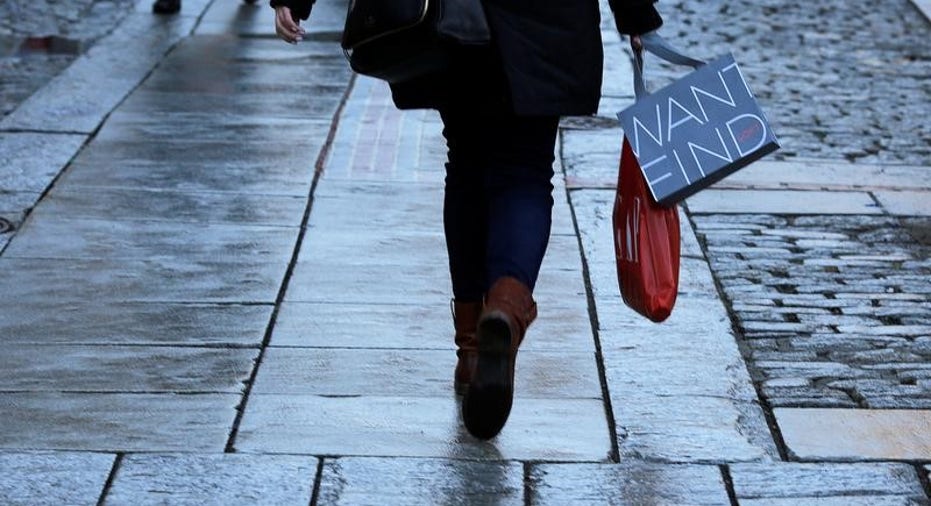U.S. consumer spending slows; inflation pushes higher

WASHINGTON – U.S. consumer spending rose less than expected in January as the largest monthly increase in inflation in four years eroded households' purchasing power, pointing to moderate economic growth in the first quarter.
The Commerce Department said on Wednesday that consumer spending, which accounts for more than two-thirds of U.S. economic activity, increased 0.2 percent after an unrevised 0.5 percent rise in December.
Economists polled by Reuters had forecast consumer spending gaining 0.3 percent in January. Consumer spending is likely to remain supported amid promises by the Trump administration of sweeping tax cuts and increased infrastructure spending.
In a speech to Congress on Tuesday night, President Donald Trump said his economic team was working on a "historic tax reform that will reduce the tax rate on our companies" and promised a "massive" tax relief for the middle class. Trump offered no further details.
Consumer confidence has surged following Trump's election victory, hitting a 15-1/2-year high in February.
In January the personal consumption expenditures (PCE) price index increased 0.4 percent - the largest gain since February 2013 - after rising 0.2 percent in December.
In the 12 months through January, the PCE price index jumped 1.9 percent. That was the biggest year-on-year gain since October 2012 and followed a 1.6 percent increase in December.
Excluding food and energy, the so-called core PCE price index rose 0.3 percent in January. That was the biggest increase since January 2012 and followed a 0.1 percent gain in December.
The core PCE price index increased 1.7 percent year-on-year after a similar gain in December. The core PCE is the Federal Reserve's preferred inflation measure and is running below its 2 percent target. Inflation is now in the upper end of the range that Fed officials in December felt would be reached this year.
Rising price pressures, however, suggest that consumer spending will probably not provide a big boost to gross domestic
product in the first quarter.
When adjusted for inflation, consumer spending fell 0.3 percent in January, the first drop since August, after rising 0.3 percent in December.
Consumer spending increased at a 3.0 percent annualized rate in the fourth quarter, helping to blunt some of the impact on the economy from a wider trade deficit. The economy grew at a 1.9 percent rate in the fourth quarter.
Consumer spending in January was held back by a 0.3 percent drop in purchases of long-lasting manufactured goods such as automobiles. Spending on services was unchanged.
Personal income rose 0.4 percent in January after gaining 0.3 percent in December. Income at the disposal of households after accounting for inflation and taxes, fell 0.2 percent.
(Reporting by Lucia Mutikani; Editing by Andrea Ricci)



















